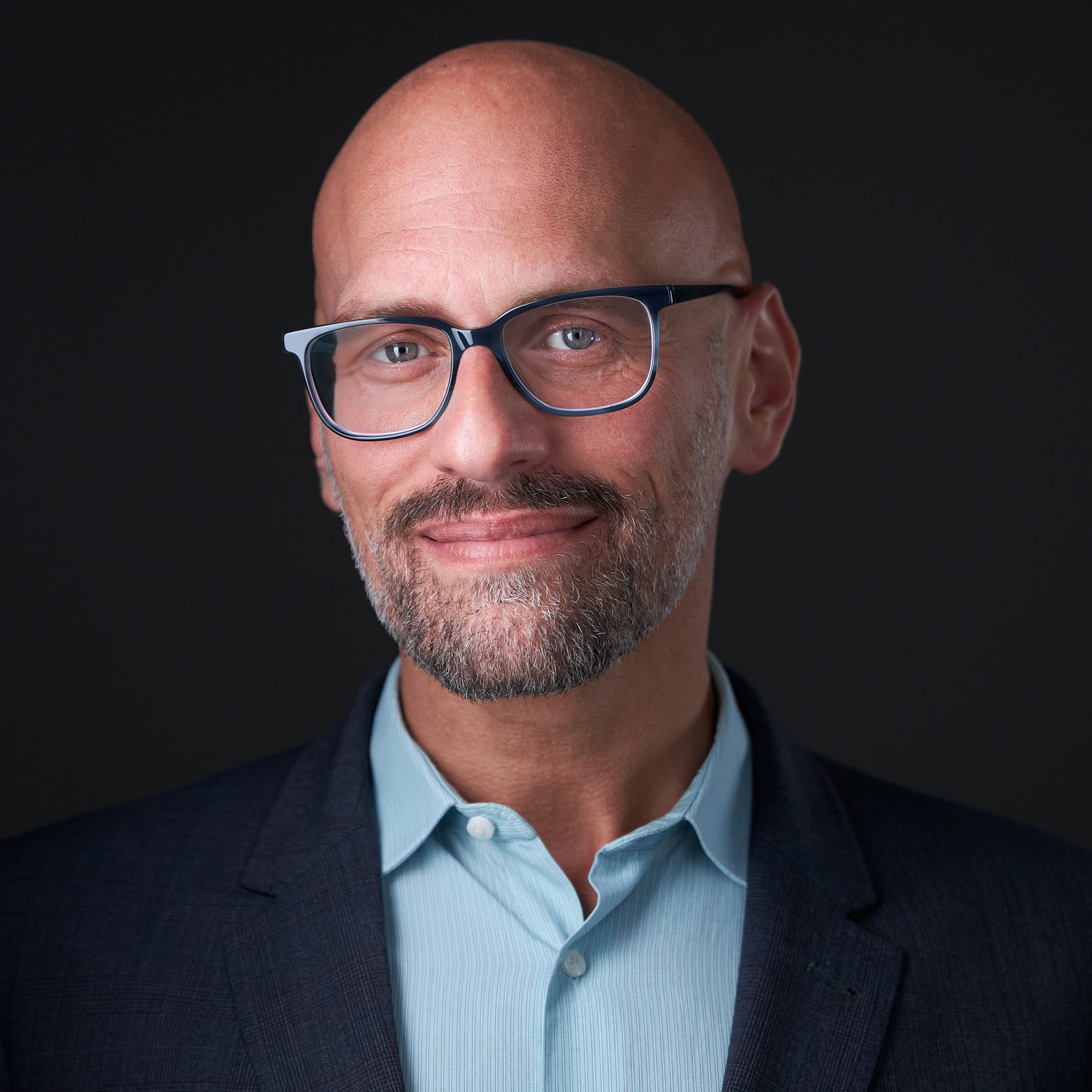Board Members
Advisory Board
Our Advisory Board offers extensive experience in community organizing, research, communications, activism, organizational governance, organizational culture, anti-racism, behavioral change, fundraising, and feminist approaches.
We extend our appreciation to the following board members for their continuous guidance and support of our work:

Dina Baslan
Dina Baslan is the daughter of Circassian Jordanians. In September 2023 she moved to Philadelphia to live near her brothers and joined the Al Bustan Seeds of Culture team as the education manager. Dina obtained a bachelor’s degree in journalism and mass communications from San Jose State University in 2009. Following, she spent more than six years working within the international humanitarian and development sector in the SWANA region. Notwithstanding the knowledge and expertise gained, at the height of Europe’s migration crisis in 2015, she switched her focus to grassroots volunteer work with underserved communities in her country. In 2018, she co-founded Sawiyan, which engaged in research, advocacy and community development to address the marginalisation of the African refugee community in Jordan’s humanitarian response.

Haitham Khoury
Haitham Khoury is an organizational psychologist, Fulbright scholar, consultant, and currently the Director of Fellowships and Global Initiatives at the Legatum Center for Development and Entrepreneurship at MIT Sloan. With a PhD in Industrial & Organizational Psychology and 18 years of experience, Haitham Khoury has contributed to the development of talent management, enhanced organizational efficiency, and leadership transformation. At the American University of Beirut, he directed an executive leadership initiative, fostering the growth of over 120 leaders across diverse sectors in the MENA region. In his current role, Haitham is expanding the Legatum Center’s global influence by developing programs for entrepreneurial capacity building and ecosystem acceleration in emerging growth markets. His leadership focuses on engaging key stakeholders to create impactful, mission-aligned programming that build entrepreneurial capacity and facilitate global knowledge sharing. Haitham’s approach combines a deep understanding of team and leader dynamics with a commitment to fostering environments of collaboration, innovation, and change. Outside his professional pursuits, he is an avid baker, traveler, and lover of sci-fi fantasy books and 80s/90s music.

Sumayya Kassamali
Sumayya Kassamali is a writer and researcher based in Toronto (Tkaronto), Canada, where she is an Assistant Professor in the Department of Anthropology and the Centre for Diaspora and Transnational Studies at the University of Toronto. Drawing upon experience in migrant rights organizing in Vancouver, Canada (unceded Coast Salish territories), the anti-war and Palestine solidarity movements, and a commitment to feminist and anti-racist activism, her current academic research focuses on the Kafala system in Lebanon. Her book project, entitled “Black Beirut”, examines the urban afterlife of four decades of the Kafala system in the region, and how it has created new forms of intimacy and belonging among migrants, citizens, and refugees in the city of Beirut. She was born in Mombasa, Kenya and comes from a family of South Asian migrants with diasporic connections across the Indian Ocean region.
Sawsan Abdulrahim, PhD, MPH
Sawsan Abdulrahim is Associate Professor in the Department of Health Promotion and Community Health, Faculty of Health Sciences, at the American University of Beirut. She obtained her doctoral degree in Health Behavior and Health Education from the School of Public Health at the University of Michigan, Ann Arbor, and her MPH in epidemiology from San Diego State University. Her research is theoretically grounded and utilizes mixed methods to illuminate social inequalities in health across the life course, with a focus on the wellbeing of refugees and labor migrants. She is (and was) PI of implementation and life-course research studies on early marriage among Syrian refugee adolescent girls in Lebanon. Her research interests include gender, migration, and health; aging; and care provision by women migrant workers. She teaches undergraduate and graduate courses on research methods, health promotion theory, social epidemiology, and forced migration.

Dina Baslan
Dina Baslan is the daughter of Circassian Jordanians. In September 2023 she moved to Philadelphia to live near her brothers and joined the Al Bustan Seeds of Culture team as the education manager. Dina obtained a bachelor’s degree in journalism and mass communications from San Jose State University in 2009. Following, she spent more than six years working within the international humanitarian and development sector in the SWANA region. Notwithstanding the knowledge and expertise gained, at the height of Europe’s migration crisis in 2015, she switched her focus to grassroots volunteer work with underserved communities in her country. In 2018, she co-founded Sawiyan, which engaged in research, advocacy and community development to address the marginalisation of the African refugee community in Jordan’s humanitarian response.

Haitham Khoury
Haitham Khoury is an organizational psychologist, Fulbright scholar, consultant, and currently the Director of Fellowships and Global Initiatives at the Legatum Center for Development and Entrepreneurship at MIT Sloan. With a PhD in Industrial & Organizational Psychology and 18 years of experience, Haitham Khoury has contributed to the development of talent management, enhanced organizational efficiency, and leadership transformation. At the American University of Beirut, he directed an executive leadership initiative, fostering the growth of over 120 leaders across diverse sectors in the MENA region. In his current role, Haitham is expanding the Legatum Center’s global influence by developing programs for entrepreneurial capacity building and ecosystem acceleration in emerging growth markets. His leadership focuses on engaging key stakeholders to create impactful, mission-aligned programming that build entrepreneurial capacity and facilitate global knowledge sharing. Haitham’s approach combines a deep understanding of team and leader dynamics with a commitment to fostering environments of collaboration, innovation, and change. Outside his professional pursuits, he is an avid baker, traveler, and lover of sci-fi fantasy books and 80s/90s music.

Sumayya Kassamali
Sumayya Kassamali is a writer and researcher based in Toronto (Tkaronto), Canada, where she is an Assistant Professor in the Department of Anthropology and the Centre for Diaspora and Transnational Studies at the University of Toronto. Drawing upon experience in migrant rights organizing in Vancouver, Canada (unceded Coast Salish territories), the anti-war and Palestine solidarity movements, and a commitment to feminist and anti-racist activism, her current academic research focuses on the Kafala system in Lebanon. Her book project, entitled “Black Beirut”, examines the urban afterlife of four decades of the Kafala system in the region, and how it has created new forms of intimacy and belonging among migrants, citizens, and refugees in the city of Beirut. She was born in Mombasa, Kenya and comes from a family of South Asian migrants with diasporic connections across the Indian Ocean region.
Sawsan Abdulrahim, PhD, MPH
Sawsan Abdulrahim is Associate Professor in the Department of Health Promotion and Community Health, Faculty of Health Sciences, at the American University of Beirut. She obtained her doctoral degree in Health Behavior and Health Education from the School of Public Health at the University of Michigan, Ann Arbor, and her MPH in epidemiology from San Diego State University. Her research is theoretically grounded and utilizes mixed methods to illuminate social inequalities in health across the life course, with a focus on the wellbeing of refugees and labor migrants. She is (and was) PI of implementation and life-course research studies on early marriage among Syrian refugee adolescent girls in Lebanon. Her research interests include gender, migration, and health; aging; and care provision by women migrant workers. She teaches undergraduate and graduate courses on research methods, health promotion theory, social epidemiology, and forced migration.
Join Our Newsletter
At the Anti-Racism Movement (ARM), we are constantly working on a multitude of different activities and initiatives. Most of our activities are only possible with the help of dedicated and passionate volunteers who work in collaboration with our core team.
The Anti-Racism Movement (ARM) was launched in 2010 as a grassroots collective by young Lebanese feminist activists in collaboration with migrant workers and migrant domestic workers.
Quick Links
Useful Links
This work is licensed under a Creative Commons Attribution 4.0 International License.
Developed by CONCAT